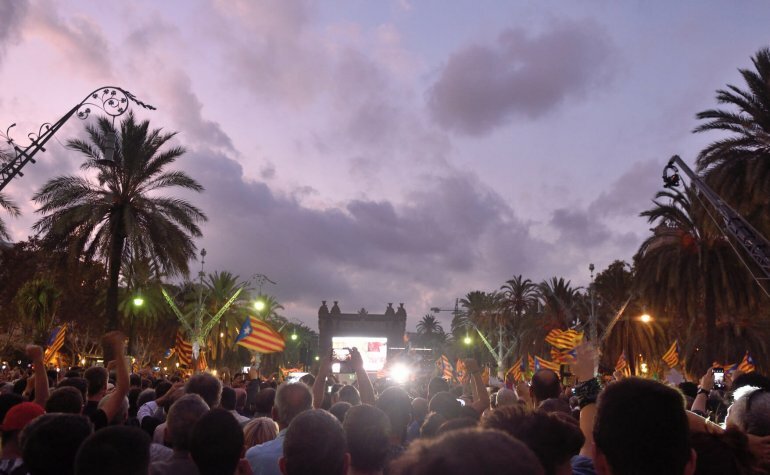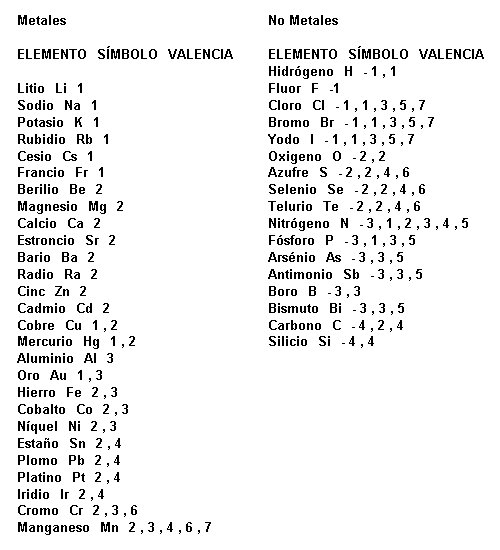Importance of the DUI
Miscellanea / / August 08, 2023
 (Acronym for Unilateral Declaration of Independence).- The sovereignty It is declared by oneself, but it is materialized by the recognition of others. This, which can be taken as a maxim, has governed the declarations of independence of countries since the beginning of time.
(Acronym for Unilateral Declaration of Independence).- The sovereignty It is declared by oneself, but it is materialized by the recognition of others. This, which can be taken as a maxim, has governed the declarations of independence of countries since the beginning of time.
A DUI supposes a formal presentation of independence of a country that, as its name indicates, is made in unilaterally and without the consent or recognition of the country from which the person performing the statement.
This statement may or may not be internationally recognized.
Let's give an example of what DUI would not be: the split of Czechoslovakia into two countries, the Czech Republic and Slovakia. In this case, a country gave way, by disappearance, to two other states that, in addition, terminated the previous political entity by mutual agreement.
Examples of declarations of independence made unilaterally can be that of the United States of America with respect to Great Britain, and most Latin American countries such as Argentina, Mexico, Chile, Peru, or Venezuela.
The last DUI carried out in the world have had different luck; while the one in Kosovo carried out in 2008 has been recognized by most of the international community with the exception of Serbia (state from which it separated) and Russia (allied with the previous one), the one from Catalonia (produced in 2017) has not received any recognition international, and at the time of writing these lines it is almost not on paper, with a government persecuted by the authorities Spanish courts.
The international recognition of a DUI depends on the geopolitical interests of other countries.
For example, in the case of Kosovo, the countries that have recognized it are, for the most part, the Western democracies of the US orbit. They are not recognized by Serbia (as their own problem), Spain (since it could set a precedent for Catalonia, being a similar case), Russia (allied with Serbia and with the case of Chechnya), or China (for the Tibet). Neither do other countries in Africa and Latin America recognize it.
In total, and at the time of writing this article, 111 of the 193 member states of the United Nations they do not recognize Kosovo.
If we turn now to Catalonia, the countries of the European Union They have considered the case as an internal matter of Spain. An independence process within the European Union could be difficult, and even more so if it is unilateral, as is the case, and not agreed upon unlike in the Scottish case.
In addition to the fact that Spanish diplomacy has actively worked against the recognition of Catalonia (and even that the claim of the Catalan people has reached the international sphere), the proclamation of the Republic of Catalonia has not been supported or recognized by any other country in Europe, all of them having expressed themselves in against with the exception of Israel, which has not expressed itself in one sense or another (on the other hand, the Palestinian National Authority has done so in favor of the unity of Spain).
For the DUI to work and be effective, the national entity declaring its independence should have control of certain key points.
 Among these, airports, ports (in the case of countries with coastline), borders and media (The latter, to transmit messages to the population). This is due to ensuring that the decisions of the secessionist government have an impact and are materialized, regardless of whether or not there is international recognition.
Among these, airports, ports (in the case of countries with coastline), borders and media (The latter, to transmit messages to the population). This is due to ensuring that the decisions of the secessionist government have an impact and are materialized, regardless of whether or not there is international recognition.
Once again, we can take the examples of Kosovo and Catalonia as opposite poles in this field.
While the former had some control of the land due to the fact that an armed revolt was underway, in the Catalan case the government opted -before the violence exerted in the referendum of October 1 by the Spanish government and police authorities - for a symbolic declaration without taking control measures on the land for fear of reprisals armed.
DUIs generate rejection in the country from which the territory that declares them is separated, since it is an independence not agreed upon.
This rejection can translate into military or police actions, as in the case of Kosovo, where it had to be the international community that put a stop to the activities of the Serbian army, or in the case of Catalonia, with the suspension of the autonomy of the region after the violent repressive police action of the referendum of 1 October.
To summarize, we must underline the fact of the unilaterality in the decision to become independent, which leads to the possibility that the declaration will not be recognized internationally.
Images: Fotolia. Short – Katja
write a comment
Contribute with your comment to add value, correct or debate the topic.Privacy: a) your data will not be shared with anyone; b) your email will not be published; c) to avoid misuse, all messages are moderated.



